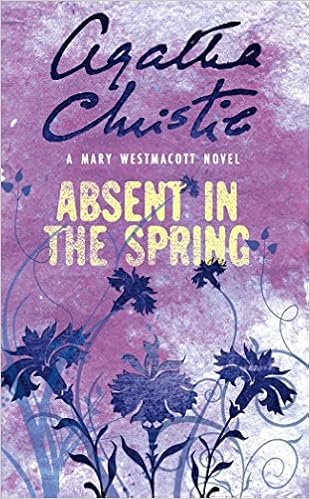“I begin to suspect that the world is divided not only into the happy and the unhappy, but into those who like happiness and those who, odd as it seems, really don’t.”
— C.S. Lewis

“The truth was, she reflected, that she had always led such a full and occupied life. So much interest in it. It was a civilized life. And if you had all that balance and proportion in your life, it certainly left you rather at a loss when you were faced with the barren uselessness of doing nothing at all. The more useful and cultured a woman you were, the more difficult it made it.”
“There was nothing to be afraid of in being alone—nothing at all.”
“She had got to know, once and for all, just what kind of a woman Joan Scudamore was….”
 |
| Photo by Slava Bowman on Unsplash |
 |
| Photo by Patrick Fore on Unsplash |
 |
| Photo by Mohamed Ajufaan on Unsplash |
Now and then I dip into the Catching Happiness archives and share a post from the past. I hope you enjoy this one, from 2012.
 |
| Caryatid Porch of the Erechtheion, Athens |